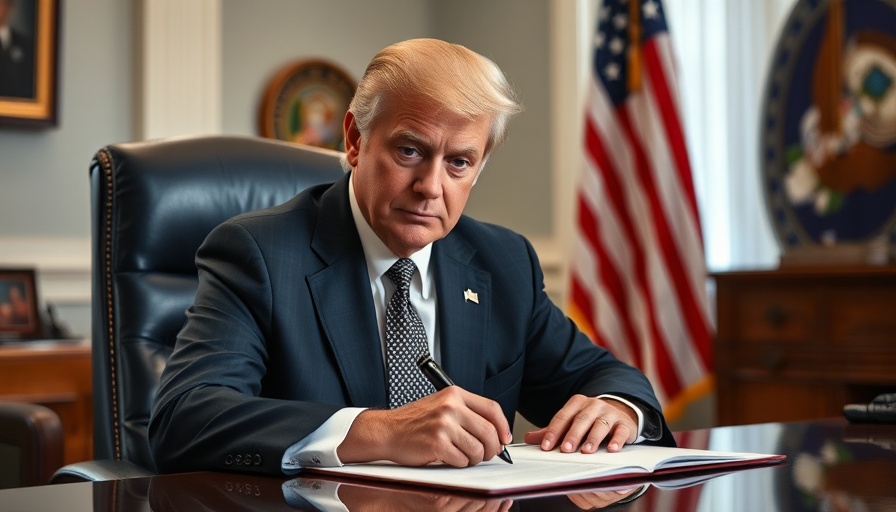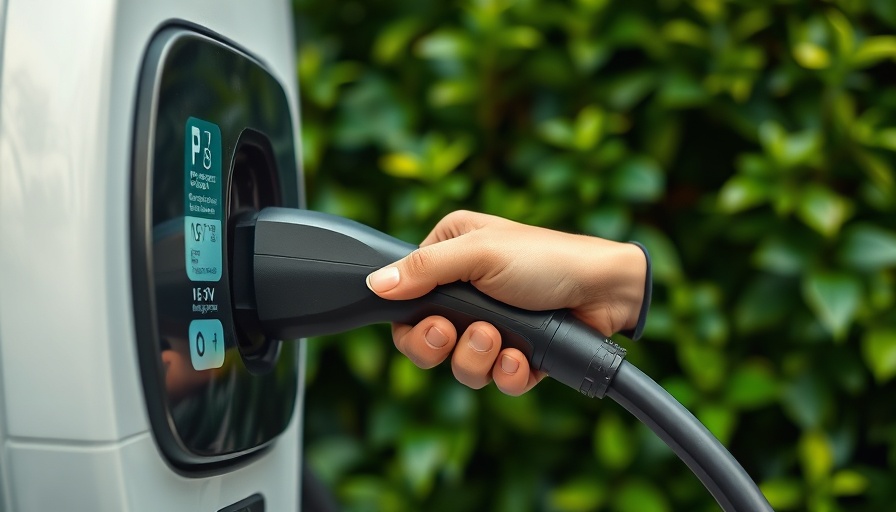Hoffman Ford Inc 📍 Address: 600 Connecticut Blvd, East Hartford, CT 06108, USA
📞 Phone: +1 860-290-6152
🌐 Website: https://www.hoffmanfordcenter.com/ ★★★★★ Rating:
4.4 Why Choosing the Right New or Used Car Matters More Than Ever The world of cars is both exciting and daunting, especially when the time comes to choose your next vehicle. Walk onto any dealership lot or scroll through online listings, and you're met with an array of glittering new models and attractively-priced used options—all clamoring for your attention. But beneath the polished exteriors and shiny paint lies the fundamental question: which option genuinely fits your lifestyle, needs, and budget? Navigating the choice between new and used cars means weighing not only upfront costs, but also the long-term satisfaction, reliability, and total cost of ownership. With automotive innovations arriving at breakneck speed—including hybrid and electric models, advanced digital systems, and tailored financing offers—the landscape is constantly evolving. Understanding the value and limitations of both new and used cars helps you make a confident, informed decision that echoes your priorities and maximizes your investment. Car buying is more than a transaction—it's a pivotal step that affects your daily routines, commutes, and even your sense of freedom. Whether you're a commuter in need of efficiency, a growing family looking for space and safety, or an enthusiast seeking the thrill of the latest tech, how you approach the search for new and used cars can shape years of driving experiences ahead. In this article, we break down everything you need to know, so you can move forward not just with a car, but with certainty. Navigating New and Used Cars: What Every Smart Shopper Needs to Know The terms "new cars" and "used cars" come loaded with assumptions, but the distinction deserves careful examination. A new car, fresh off the factory line, offers the promise of untouched engineering, the latest features, and that singular new-car feeling. Shoppers seeking peace of mind often gravitate toward new vehicles for the built-in manufacturer warranties and predictable maintenance requirements—especially given the advancement of hybrid and electric options, and the increasingly sophisticated onboard technology. Used cars, on the other hand, unlock a world of access and affordability. With used inventory that spans a range of brands, models, years, and price points, drivers can often afford a vehicle with more features or a higher trim than what their new car budget would allow. However, shopping used means navigating condition variation, mileage considerations, previous owner history, and sometimes changes in technology or fuel efficiency standards. The potential for lower upfront costs is balanced by the need for more due diligence, including research into vehicle history reports and inspection protocols. For those unaccustomed to the complexities involved, misunderstanding these nuances can result in unexpected repair costs, missed opportunities for better financing terms, or even regret down the line. It's vital to recognize how new and used cars serve different needs, and why thoughtful research—and expert guidance—transform car shopping from a gamble into a rewarding experience. The Comprehensive Value of Exploring Both New and Used Cars When it comes to making an automotive choice, the most significant advantage emerges from considering both new and used cars under one roof. Not only does this approach provide a broader spectrum of possible models and features, it also gives buyers leverage—allowing them to compare benefits like manufacturer warranties, vehicle history peace of mind, pricing flexibility, and the opportunity to pursue certified pre-owned vehicles with extra protections. Dealerships such as Hoffman Ford Inc in East Hartford, CT, with their diverse selection and expert staff, contribute deep insight into market trends, vehicle durability, and evolving financing structures. The range of vehicles, from new F-150 trucks and Mustangs to a host of reliable used models, means there’s a fit for almost any taste or requirement. Whether you're after the assurance of the latest Ford technology or the affordability of a gently owned hybrid, shoppers benefit from professionals trained to answer questions, highlight distinctions between new and used inventory, and address scenarios as wide-ranging as trade-ins or custom orders. The ability to evaluate new and used cars side by side—along with hands-on test drives and tailored financing—is crucial to making an educated and satisfying purchase. Moreover, taking advantage of competitive specials and no-hassle financing plans streamlines the process and often makes desired vehicles more accessible than previously thought possible. Ultimately, the value lies in crafting an experience founded on knowledge, thorough comparisons, and the confidence that comes from transparency and expert advice. This holistic approach is the game-changer for both new and used car shoppers. Diversifying Your Choices: A Revolution in Inventory and Customization Modern dealerships have evolved far beyond a handful of models lined up on a lot. The current landscape, illustrated by industry leaders, highlights expansive inventory selection—ranging from brand-new, factory-direct vehicles to affordable, high-quality used cars representing multiple makes and models. This broad array ensures that whether your dream ride is a classic sedan, an adventurous SUV, an efficient EV, or a rugged pickup, there is something tailored for you. Advancements in custom ordering mean buyers no longer have to settle for what’s immediately available. New car shoppers can often specify color, trim, and feature combinations, while used car enthusiasts benefit from certified pre-owned warranties or specific feature packages. These innovations reduce the gap between desire and drive-away reality, positioning today’s car purchase as an exercise in personal expression and strategic decision-making. Financing and Value Retention: Making Dollars and Sense of Your Car Purchase The choice between new and used cars isn’t just a preference—it's a financial strategy. New vehicles typically carry the latest safety features and efficiency standards, qualifying shoppers for a variety of manufacturer incentives, low-interest financing, and the peace of a full factory warranty. However, their initial depreciation curve is steeper. Used cars, purchased at a lower price point, often retain their value comparatively well after the first few years, resulting in more stable long-term ownership costs. Dealership finance teams are skilled at designing plans suited to individual budgets, helping buyers understand how down payments, interest rates, and loan terms affect both upfront costs and lifetime value. Additionally, trading in your previous vehicle—whether a Ford or another make—can unlock added savings. Understanding these dynamics, and having expert assistance to tap into specials or best-fit financing, turns car buying from stressful to strategic. How Full-Spectrum Dealership Service Elevates Your Ownership Experience After the initial excitement of driving off the lot, ongoing service is what shapes long-term satisfaction. Full-service dealerships, guided by a philosophy of deep expertise and customer trust, provide more than just routine maintenance. With highly-trained technicians equipped for the latest hybrid, electric, and gasoline models, car owners gain a reliable partner for both minor checkups and major repairs. Access to genuine parts, advanced diagnostic tools, and flexible scheduling protects your investment—whether you chose new or used. Preventative care, such as brake service, tire management, and oil changes, can dramatically extend a vehicle’s lifespan and maximize enjoyment over the years. By integrating sales, financing, and maintenance in one trusted environment, dealerships help simplify every part of car ownership. Hoffman Ford Inc's Commitment to Trust, Selection, and Lifelong Support At its core, Hoffman Ford Inc is dedicated to supporting drivers through every phase of their automotive journey. This means not only providing a vast and evolving inventory of Ford vehicles, but also ensuring that staff expertise and customer support remain central. From the showroom to the service bay, each interaction is guided by values of transparency, patience, and a deep understanding of both new and used cars. With a focus on building lasting relationships, Hoffman Ford Inc approaches financing and service not as isolated steps, but as integral to complete ownership satisfaction. The dealership takes pride in offering clear explanations of systems—from digital controls on the newest models to the details that matter most in well-cared-for used cars. Their mission is to equip every customer—whether a longtime enthusiast or an anxious first-time buyer—with the knowledge and resources needed to drive home happy and secure. This ethos of patient guidance and expertise is the foundation of their reputation throughout East Hartford and beyond. By continually adapting to the latest advancements in automotive technology, supporting customized buying journeys, and offering robust services such as trade-in evaluations, financing assistance, and ongoing maintenance, Hoffman Ford Inc stands out as a trusted authority in the dynamic world of new and used cars. Real-World Success: How Trusted Guidance Makes All the Difference For many shoppers, a positive car buying experience begins and ends with the quality of service and expertise they encounter. One customer story stands out as a testament to the benefits of working with a dealership that prioritizes patient education and seamless processes. Very good experience. Nicole R. was our Sales Rep. She was warm, friendly, patient, and very knowledgeable. I especially appreciate that I feel comfortable contacting her with any questions that might come up in the future, as I get used to the vehicle. Hoffman worked quickly and got my vehicle ready for pick up much more quickly than I expected, and the process went smoothly. I would recommend you visit this longtime and reputable dealership if you’re looking for a new car/SUV/truck. It’s a big deal to spend the kind of money you will spend, and they know it and treat you accordingly! Claudia Frutuoso’s experience echoes what countless car buyers seek: not just a transaction, but an enduring sense of partnership and care. This level of support is central to removing stress and uncertainty from the car buying journey, and it’s a standard everyone should expect when investing in new and used cars that will carry them forward for years to come. The Lasting Impact of Informed New and Used Car Choices Whether your next vehicle is brand new or gently used, access to clear guidance and a robust selection makes all the difference in shaping a successful outcome. The journey to buying new and used cars is paved with questions about reliability, value, and fit—a path that becomes far easier with expert insight and trustworthy support. Dealerships like Hoffman Ford Inc play an invaluable role in demystifying the process, offering transparent comparisons, flexible financing, and dedicated after-sale service. In the end, your decision about new and used cars isn’t just about the lot you shop—it’s about finding a partner committed to supporting your needs from research through ownership. By leveraging professional experience and exhaustive inventory, drivers are empowered to choose not just their next car, but the next chapter in their automotive story. Contact the Experts at Hoffman Ford Inc If you’d like to learn more about how new and used cars could benefit your next vehicle purchase, contact the team at Hoffman Ford Inc. 📍 Address: 600 Connecticut Blvd, East Hartford, CT 06108, USA 📞 Phone: +1 860-290-6152 🌐 Website: https://www.hoffmanfordcenter.com/ Hoffman Ford Inc Location and Hours 🕒 Hours of Operation:📅 Monday: 8:30 AM – 7:00 PM📅 Tuesday: 8:30 AM – 7:00 PM📅 Wednesday: 8:30 AM – 7:00 PM📅 Thursday: 8:30 AM – 7:00 PM📅 Friday: 8:30 AM – 6:00 PM📅 Saturday: 8:30 AM – 5:00 PM📅 Sunday: ❌ Closed

 Add Row
Add Row  Add
Add 




Write A Comment